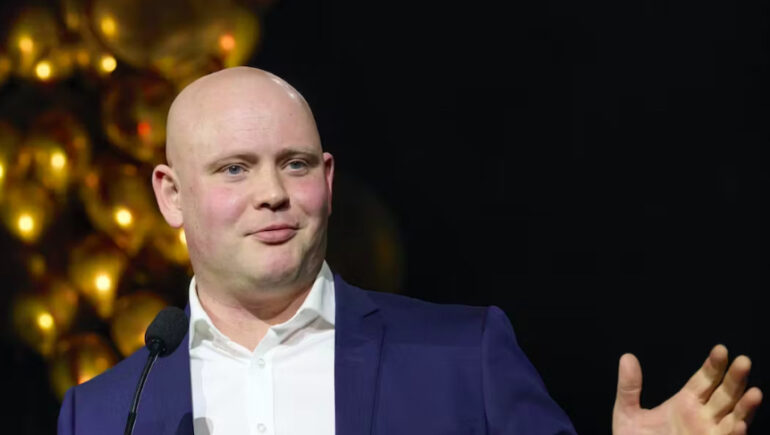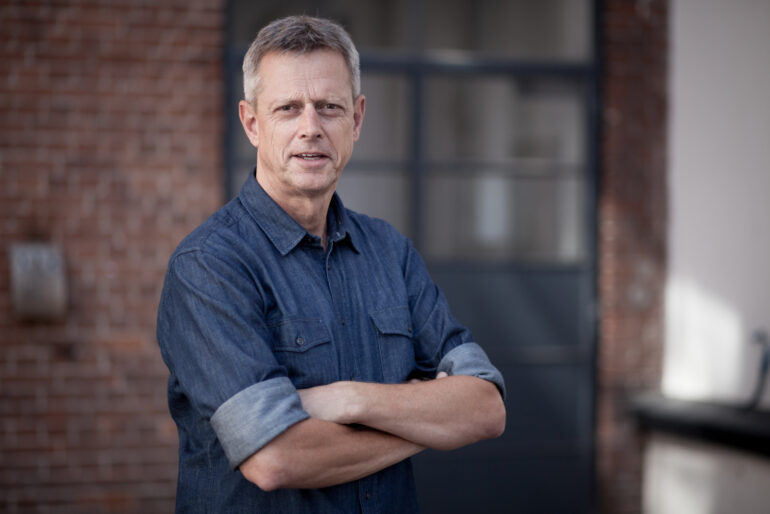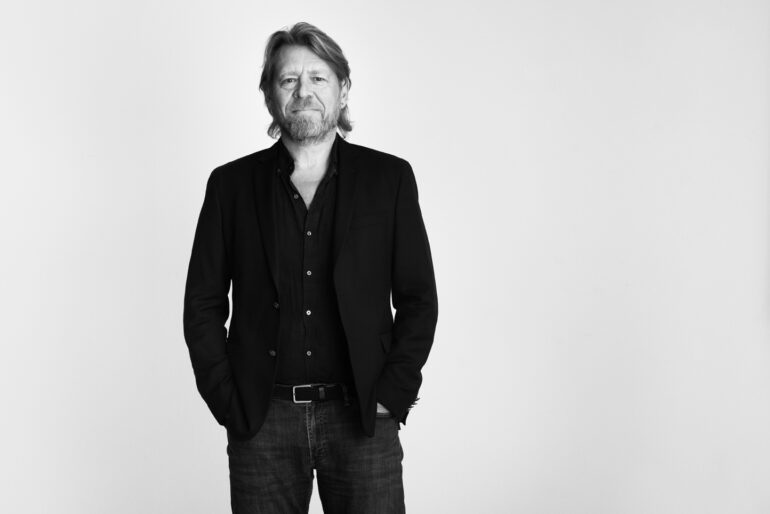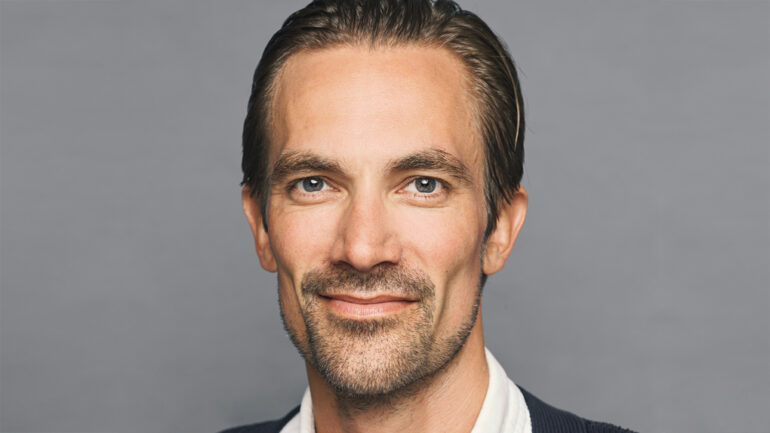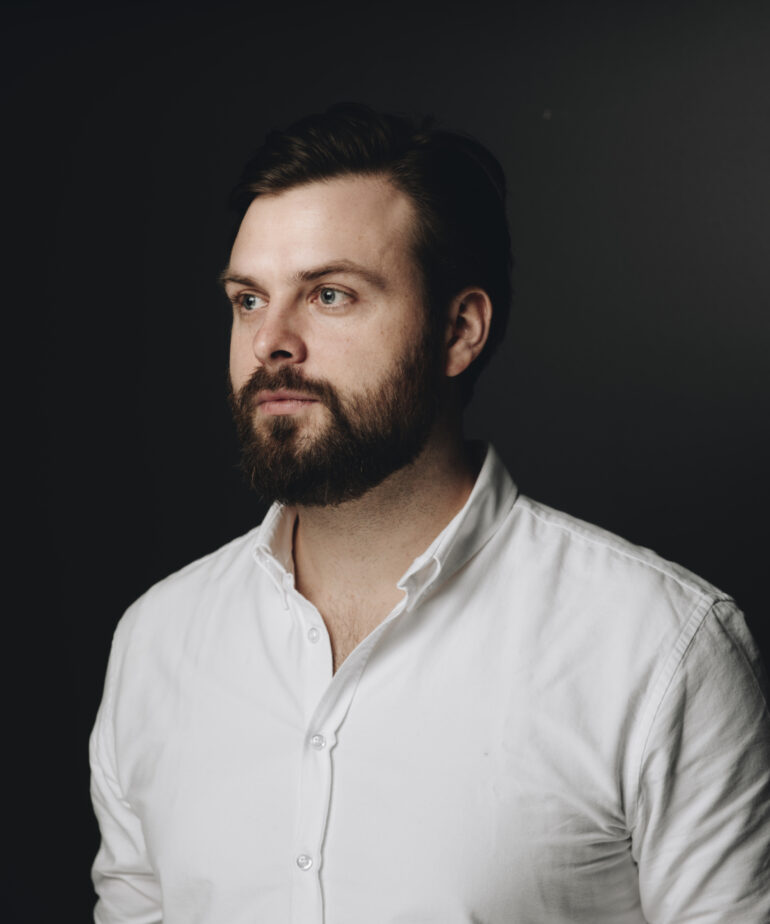Written by: Annika Pham
16.11.23
An annual injection of DKK 98m from the new cultural contribution or streaming levy starting in 2025, on top of DKK 622m from 2024 are meant to reinforce a sector in crisis.
On Wednesday November 15, the Danish Ministry of Culture announced it had ratified with all political parties the anticipated new Film Agreement setting the framework for the film industry between 2024-2027.
The headline for the paper ‘A Strong Film Nation’ captures the government’s determination to rescue a film sector in crisis.
In his statement, the Danish Culture Minister Jakob Engel-Schmidt said: "I am very happy that a broad majority in the Folketing [Parliament] can now send a historic injection into the film industry, which is a strong window for Danish culture. As Minister of Culture, I find it key to not only showcase Hollywood films, because Danish films help to create unity and cohesion. With the agreement, we are therefore making the largest financial investment in Danish films for two decades, and ensuring that in the future, Danish films can continue to be at the highest quality level for the pleasure of all Danes. We have also focused on creating an agreement that provides a good, stable framework for the industry, while offering talents the opportunity to develop and grow. There are no great Danish films without talented filmmakers,” he underlined.
The main points of the new Film Agreement are the following:
Biggest investment in more than 20 years
New funding of approximately DKK 98m (€13.1m) will be injected annually into Danish films, series and documentaries via the new cultural contribution or streaming levy (see our story: Danish Media Agreement, including min. 2% streamers levy gets overall industry favour starting in 2025. This will come on top of the annual DKK 622 million (€83.3m) set aside in the agreement for 2024 to 2027.
Ambitions for Danish films and volume of productions maintained
The high quality of Danish film production as set in the previous film agreement 2019-2023 must be maintained and visible through success at home (at least 29% domestic market share) and internationally with the participation of 8 to 10 feature films and 10-12 documentaries at A-festivals.
In terms of volume, the level for 2024 is set at 20-26 feature films and 30-35 documentaries.
Increased commitment from DR and TV2
The public service broadcaster DR and public commercial service TV2 must take bigger responsibility for the development and distribution of Danish films, shorts and documentaries, notably through early involvement with all creative partners. DR must invest annually at least DKK25 million (€3.35m) and TV2 at least DKK20 million (€2.6m).
More flexible windows
Films that don’t perform strongly in cinemas must be made available quicker both on streaming platforms and on TV stations.
More power to the regions
Each existing regional film fund will be allocated DKK 27 million (€3.6m) to support feature length, shorts, animation and documentaries, and all municipalities will be able to obtain state funding to establish their own regional film fund.
Furthermore, the regional film funds will be able to use state support for minority Danish co-productions.
Film dissemination in the regions will be reinforced with a new grant to the CPH:DOX Festival (DKK3.3m) allowing documentary films to reach national audiences via the DOX:Danmark scheme, and new youth schemes will be set up nationwide to promote film literacy and film cultural heritage.
Greenland and Faroe Islands get better access to film support
Danish-produced films in Greenlandic and Faroese-languages will be treated equally with Danish-language films when applying for support.
Stronger commitment to kids & youth and training
The film agreement proposes an overall review of the current support for kids and youth content, and an in-depth industry analysis of the problems inherent to film viewing across different platforms, among that age group. New film training schemes will also be introduced across the country.
New Institute for gaming
As part of the agreement, the current support to gaming from the DFI will be transferred to a new dedicated gaming institute.
Overall industry reactions to the new film agreement were positive.
Claus Ladegaard, CEO of the Danish Film Institute (DFI) thanked the politicians, saying: “With the Film Agreement 2024-2027, a broadly anchored political signal has been sent, [underlining] that the continued strong positioning and relevance of Danish films, in a massive international offering, pose new demands for flexibility, innovation, and collaboration. "
Regarding the sustained ambitions for Danish films, Ladegaard said: “A high level of ambition is important for the quality of Danish cinema, but it can only be achieved if there is sufficient financing behind it. Fortunately, the cultural contribution has created a solid foundation for film support going forward. The increased financing means that we can better secure the framework for the quality and diversity of the overall film offering, notably by ensuring that there is also room for films that cannot be realised on a low budget.”
The head of the DFI also welcomed the increased commitment from DR and TV2, the flexible windowing, and the need for more integrated efforts to support kids and youth among others.
Jørgen Ramskov, head of the Danish Producers Association also applauded in particular DR and TV2's reinforced investments, the better financing for individual films, although he regretted that the new injection from the cultural contribution won’t be available before 2025. “The industry is in deep crisis and recent bankruptcies reflect this. The Producers' Association recognises that the cultural contribution means more money for Danish films, but it will only be available in 2025, and in its current state, it doesn’t cover the current needs of the industry,” he said.
Concerning the government’s gesture to improve support to Greenlandic and Faroese-language films, producer Emile Hertling Péronard from Ánorâk Film Denmark (Twice Colonized) said:
“I’m very happy that Greenlandic and Faroese languages are no longer discriminated against in the Danish film law. But quite frankly, this change is so long overdue, and it’s difficult to even fathom that Kalaallisut and føroyskt languages - up until 2024, weren't equal to Danish. In my opinion, Denmark should work a lot harder to live up to its moral obligation of empowering stories and voices from its former colonies. So this a small step, but the good news is that we managed to grab the attention of the politicians and make them listen to us. Next time we’ll ask for a lot more!”
Leading Danish/Faroese producer Jón Hammer of Kyk Pictures (TROM) also said: “It’s very positive for Faroese stories, that the language barrier to receive Danish funding is now officially removed from the agreement. Since Faroese support for film is almost non-existent, we rely on Danish funding to make films of a reasonable scale and quality that can reach an international audience. Without the DFI and Norddok for documentaries, there would be no Faroese feature length films. My hope now is that the local Faroese politicians soon see the relevance of local filmmaking and increase our own national funding, so we don’t have to rely on Danish support for the future, but can collaborate with Denmark, and other countries, in co-productions on equal terms.”
